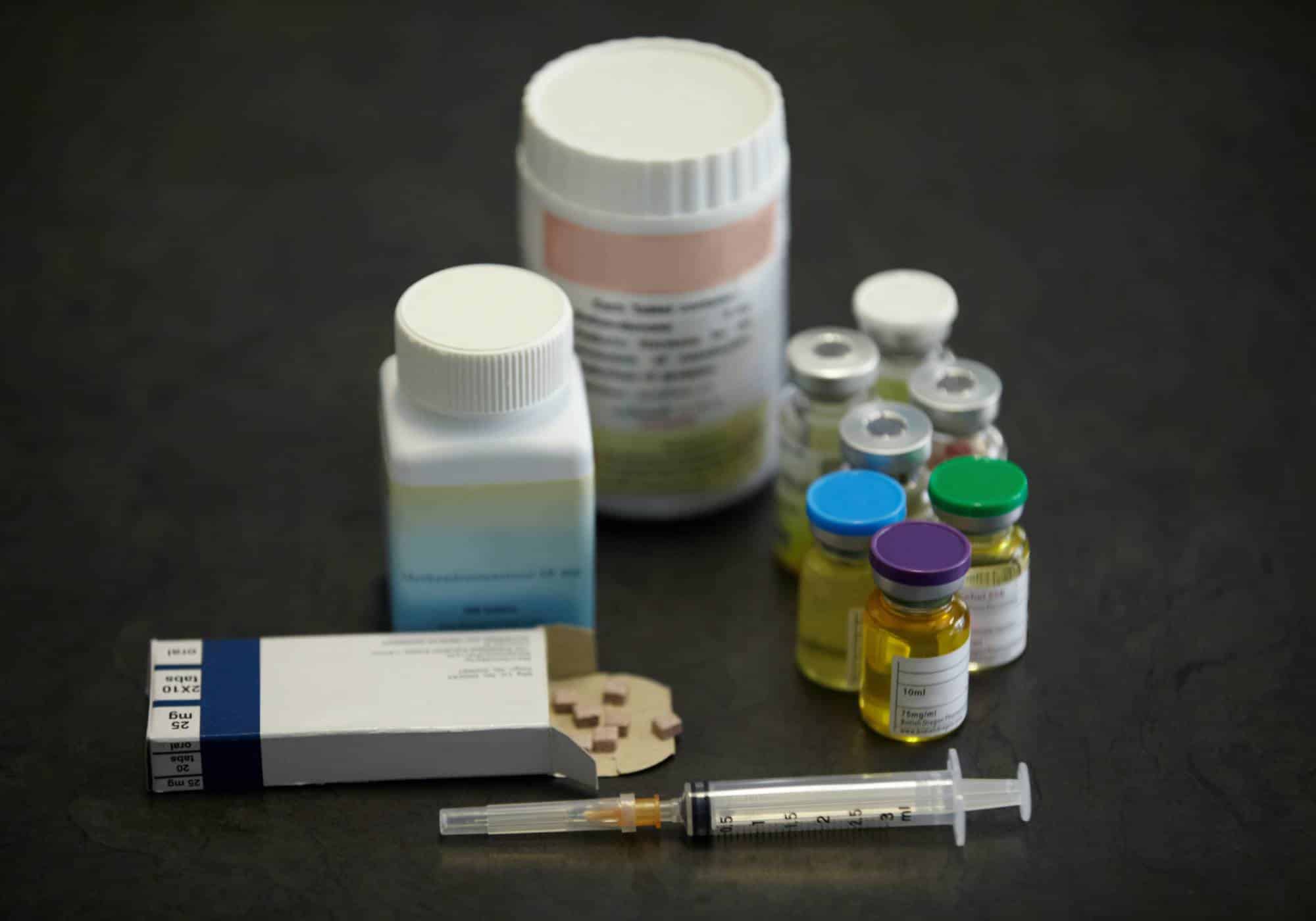Embarking on the road to recovery from addiction and striving for better mental health is a multifaceted journey. One aspect that often doesn’t get enough attention, yet plays a crucial role, is nutrition. The connection between what we eat and how we feel, both physically and emotionally, is profound. In this blog, we’ll delve into the importance of a balanced diet in mental health and recovery from addiction, highlighting how certain foods can influence mood and behavior.
Understanding the Nutrition-Mental Health Connection
The Brain-Gut Axis: A Vital Link
The gut-brain axis plays a critical role in overall mental health. This bi-directional communication pathway means that the state of our gut can directly influence our emotional and mental well-being. Nutritional imbalances or poor diet can disrupt this communication, leading to exacerbated symptoms of mental health disorders and hindering recovery.
Nutrients and Neurotransmitters: The Building Blocks of Mental Health
Neurotransmitters like serotonin, dopamine, and norepinephrine are crucial for regulating mood and behavior. These neurotransmitters are synthesized from various nutrients obtained from our diet. For example, tryptophan, an amino acid found in many protein-rich foods, is a precursor to serotonin. Imbalances or deficiencies in these nutrients can lead to altered neurotransmitter production, affecting mental health and addiction recovery processes.

The Impact of Diet on Addiction Recovery
Restoring Nutritional Balance: Healing from Within
Substance abuse often leads to significant nutritional deficiencies, impacting the body’s ability to heal and recover. A balanced diet, rich in essential nutrients, plays a pivotal role in restoring the body’s balance, supporting detoxification processes, and improving physical health, which is intrinsically linked to mental well-being.
Cravings and Nutrition: Understanding the Link
Diet can also play a role in managing cravings, a common challenge in addiction recovery. Consuming a diet balanced in macronutrients (proteins, fats, carbohydrates) and micronutrients (vitamins and minerals) can help stabilize blood sugar levels, reducing cravings and supporting sustained energy throughout the day.
Healing the Body: A Foundation for Recovery
The physical toll of addiction on the body is substantial. A nutrient-rich diet aids in repairing organs and systems damaged by substance abuse, strengthens the immune system, and promotes overall physical recovery, forming a solid foundation for mental health recovery.
Nutrition Strategies for Mental Health and Addiction Recovery
Prioritizing Whole Foods: Nature’s Medicine Cabinet
Incorporating a variety of whole foods, such as fruits, vegetables, whole grains, lean proteins, and healthy fats, ensures a supply of vital nutrients necessary for brain health and recovery. These foods also contain antioxidants, which reduce oxidative stress and inflammation, known contributors to mental health disorders.
Consistency in Meals: Stabilizing Mood and Energy
Eating regular, balanced meals can help maintain stable blood sugar levels, crucial for mood stability and managing energy levels. Erratic eating patterns or reliance on processed foods can lead to mood swings and energy fluctuations, detrimental in recovery.
Hydration: The Simplest Step to Better Health
Dehydration can impact cognitive function, mood, and overall health. Simple steps like increasing water intake can have profound effects on mental clarity, energy levels, and physical health.
Reducing Processed Foods: A Step Towards Mental Clarity
Highly processed foods, often rich in sugars and unhealthy fats, can exacerbate inflammation and impact mood negatively. Reducing the intake of such foods can contribute to clearer mental health and support recovery processes.

Navigating Nutritional Challenges in Recovery
Addressing Nutritional Deficiencies: A Tailored Approach
Individuals recovering from addiction may face specific nutritional deficiencies. Professional guidance in identifying and addressing these deficiencies is crucial for a balanced recovery process.
Supplements: A Supporting Role
While a balanced diet is key, supplements may be necessary in some cases to address specific deficiencies. Professional guidance is essential to ensure these supplements are used effectively and safely.
Cultivating a Healthy Relationship with Food
Developing a healthy relationship with food is as important as the nutritional content itself. Mindful eating practices, understanding hunger cues, and recognizing the impact of food on mood and energy are integral to this process.
Reach Out To Us Today!
Embracing a balanced diet is a powerful step in the journey towards better mental health and recovery from addiction. It’s about more than just the food on your plate; it’s about nurturing your body and mind, restoring balance, and paving the way for a healthier, happier life.
If you or someone you love is on this journey and needs guidance on integrating nutrition into your recovery plan, or if you’re located in Tennessee, our sister company is here to help. We understand the challenges of this journey and offer comprehensive support to guide you every step of the way. Reach out to us, and let’s work together towards a healthier, more balanced future.












